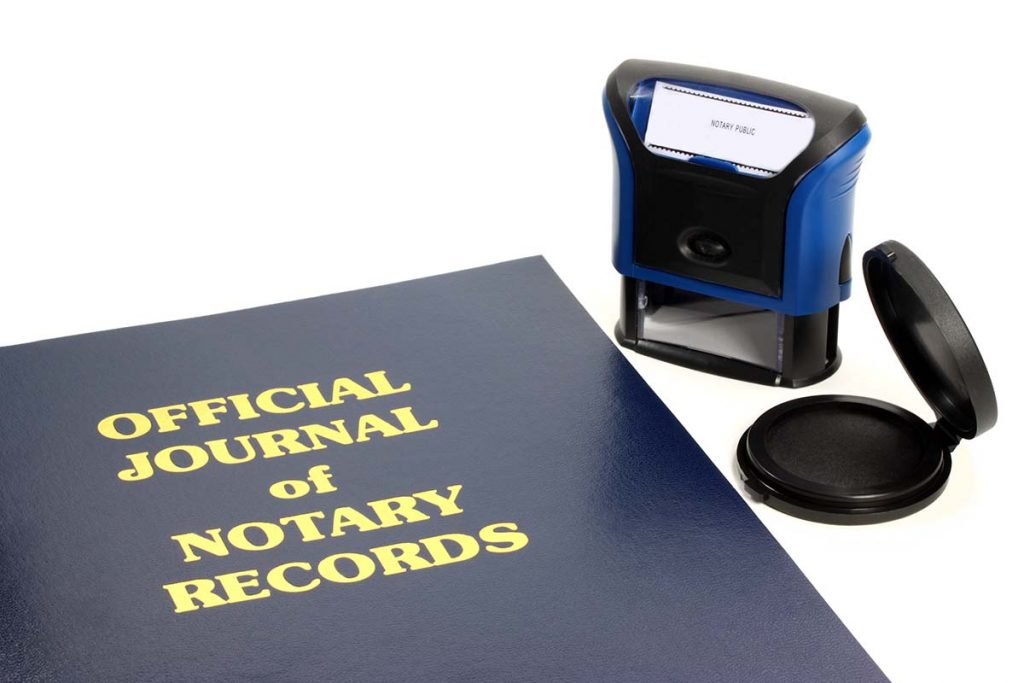Plus a Free Notary Public Journal Template
Not all states require you to keep a notary journal, but it’s good practice to keep a record of your activities. Why? Because you’ll have solid proof of any signing transactions. These records are suitable for keeping track of clients, income, and practices and can also be used in any legal actions. Keep reading to learn more about your notary journal must-haves and find a link to a free notary public journal template.
We tracked down the most important information to record in each notary journal entry, and the best advice came from Coast 2 Coast Signings.
10 Recommendations
Here are 10 NNA recommendations to keep your notary public journal template organized:
- The time and date when the signer appeared before you.
- The kind of notarization you performed, e.g. verification by oath, acknowledgment etc.
- The place where the notarization was done.
- The title and date of the document involved in the notarization.
- The name and address of the signer and witnesses where applicable.
- The mode of identification of each signer, e.g. type of ID, credible witnesses etc.
- The amount of money collected for the notarization.
- The signature of the signers.
- The right thumbprint of each signer.
- Any other vital information or remarks.
If you’re not sure whether or not your state requires you to keep a notary journal, the most up-to-date list includes the following states, and the District of Columbia, that require notaries to maintain records of notarial acts: Arizona, California, Colorado, Hawaii, Louisiana, Maryland, Massachusetts, Mississippi, Missouri, Montana, Nevada, Oregon, Pennsylvania, and Texas.

You can always do a quick search to see what your state’s requirements are. Remember that most states require you to keep your journals for a minimum of 10 years. So, find a filing system that works for you and a safe place to store your journals once you’ve filled them out. One of the most common rules between states is that a notary may not have more than one journal in active use.
When you’re a mobile notary, it can be hard to remember all of the tools you need, but it’s essential to have a system so that you’re covered. If you forget your journal and start a new one, file the old one away and continue working with the new one you created.
Free Notary Public Journal Template
Having the right tools will set you up for success with your notary business, so we’ve also included this link to download a free template from Template.net that you can use to get started. Feel free to modify this template as you need to, but make sure you include all the necessary information above.
At NotaryJane.com, we have many tools, tips, and tricks to get you started to ensure the success of your new venture. Learn How to Create Freedom Within Your Mobile Notary Public Schedule, Choose a Business Name and Logo, and even How to Attract and Retain Clients: The Secret Sauce for Notaries. We know that building your notary business takes a lot of time, effort, and resources, but you’re not alone.
It can also seem overwhelming to make sure you have all of the correct information. But, don’t worry. We’ve got you covered. If you would like more information, click here to learn more about our Notary Jane memberships and the services we offer. If you have any other questions, feel free to reach out to us. We want to see you build and grow your notary business and turn it into a successful stream of income for years to come.
In summary, a notary journal can protect yourself and your business over the long term. While a notary journal may not be required in all states, by having one, you can rest assured your bases are covered.

